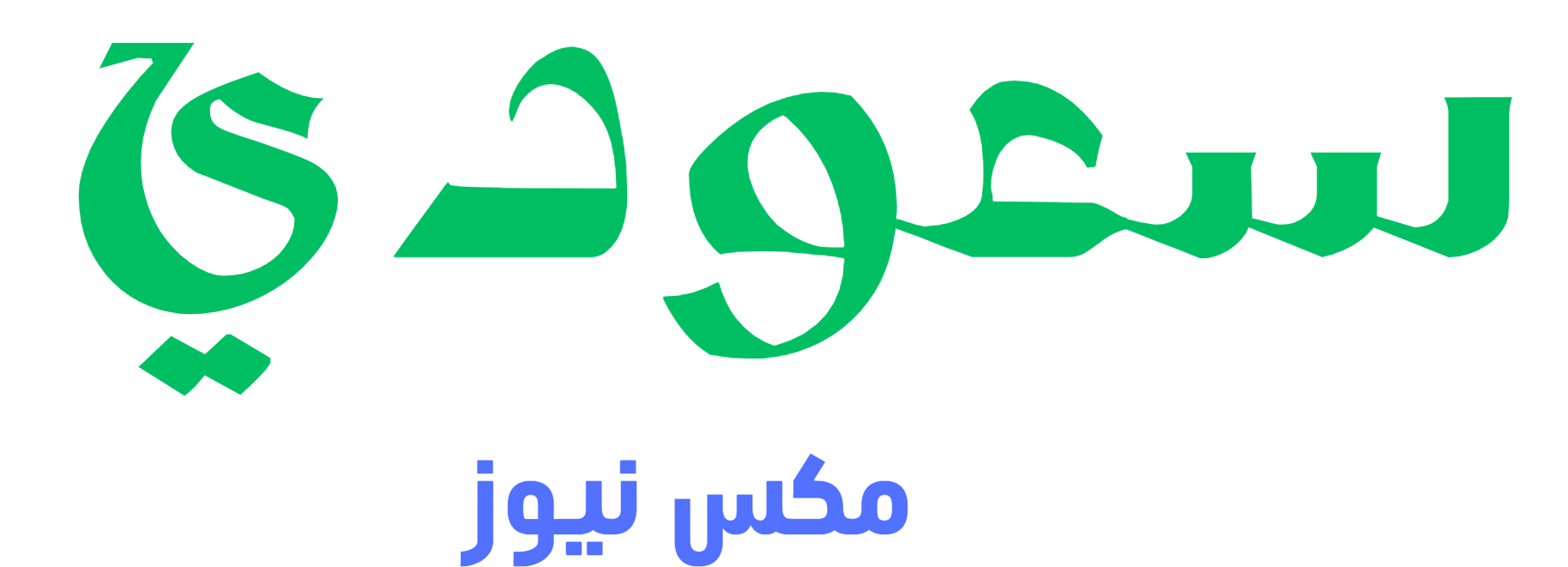Back to School Surge Pushes Dubai’s Inflation to 2.88% in September
By [Your Name or AI Assistant], Published [Date]
Dubai, UAE – As families in Dubai gear up for the new academic year, the economic ripple effects of the back-to-school season have become increasingly apparent. Official data from the UAE’s statistics authority reveals that inflation in Dubai climbed to 2.88% in September, up from 2.5% in August, largely driven by heightened consumer spending on education-related goods and services. This surge underscores how seasonal events like the return to school can influence the emirate’s economic landscape.
The Back-to-School Effect on Inflation
The back-to-school period, which typically peaks in August and September in the UAE, has long been associated with a spike in demand for essential items such as school uniforms, textbooks, stationery, and electronic devices. In Dubai, where private education is a cornerstone of society, parents often face a barrage of expenses that extend beyond basic supplies to include tuition fees, transportation, and extracurricular activities.
Economists attribute the September inflation rate primarily to this seasonal demand. “The back-to-school rush creates a temporary imbalance in the market, pushing up prices for consumer goods,” explained Dr. Ahmed Al-Mansoori, an economist at the Dubai Economic Council. “Items like school bags, uniforms, and even food products see a price hike due to increased buying activity, which trickles down to broader inflation metrics.”
According to the latest Consumer Price Index (CPI) report, categories such as education and clothing experienced the most significant price increases. Education-related costs rose by approximately 4.5% month-on-month, while clothing and footwear prices jumped by 3.2%. This is not unusual for Dubai, a city that hosts a large expatriate population and boasts some of the world’s most prestigious international schools. With tuition fees alone averaging upwards of AED 20,000 (approximately USD 5,450) per year for many private institutions, the financial burden on households is considerable.
Economic Context and Comparisons
Dubai’s inflation rate of 2.88% in September is still relatively moderate compared to global standards, especially amid ongoing global economic uncertainties. However, it marks a notable increase from the pre-pandemic norm, when inflation hovered around 1-2%. The UAE as a whole reported an average inflation rate of 2.6% for the same period, indicating that Dubai’s figures are slightly higher due to its status as a commercial and educational hub.
This year’s spike is also influenced by external factors, including global supply chain disruptions and rising commodity prices. For instance, the cost of imported goods like electronics and paper products has been exacerbated by international shipping delays, further amplifying the back-to-school effect. “While the UAE’s economy is resilient, events like the return to school highlight vulnerabilities in consumer spending patterns,” noted a spokesperson from the UAE Central Bank.
In comparison, last year’s September inflation in Dubai was 2.3%, suggesting a gradual upward trend. Analysts warn that if global inflation pressures persist, such seasonal spikes could become more pronounced, potentially affecting long-term economic stability.
Impact on Households and the Economy
For many families in Dubai, this inflation surge translates to tighter budgets at a time when household expenses are already high. Expats, who make up nearly 90% of the population, often feel the pinch the most, as they juggle rising costs with the demands of a fast-paced urban lifestyle. A recent survey by Dubai’s Department of Economic Development indicated that 60% of respondents planned to cut back on non-essential spending to offset back-to-school costs.
On a positive note, the influx of spending stimulates local businesses, particularly in retail and services sectors. Shopping malls and online platforms in Dubai reported a 15% increase in sales during September, driven by back-to-school promotions. This boost could contribute to overall economic growth, with experts predicting a rebound in consumer confidence as the academic year progresses.
Looking Ahead
As Dubai continues to recover from the economic impacts of the COVID-19 pandemic, policymakers are closely monitoring inflation trends. The UAE government has implemented measures such as subsidies on essential goods and incentives for local production to mitigate price pressures. “We expect inflation to stabilize in the coming months as seasonal demands subside,” said Dr. Al-Mansoori. “However, families should plan ahead for such fluctuations to maintain financial health.”
In conclusion, the back-to-school season’s role in elevating Dubai’s inflation to 2.88% in September serves as a reminder of how interconnected education and economics are in a dynamic city like Dubai. While the increase is manageable, it highlights the need for balanced consumer strategies and proactive economic policies to ensure sustainable growth. As the school year unfolds, all eyes will be on how these trends evolve in the months ahead.

تعليقات